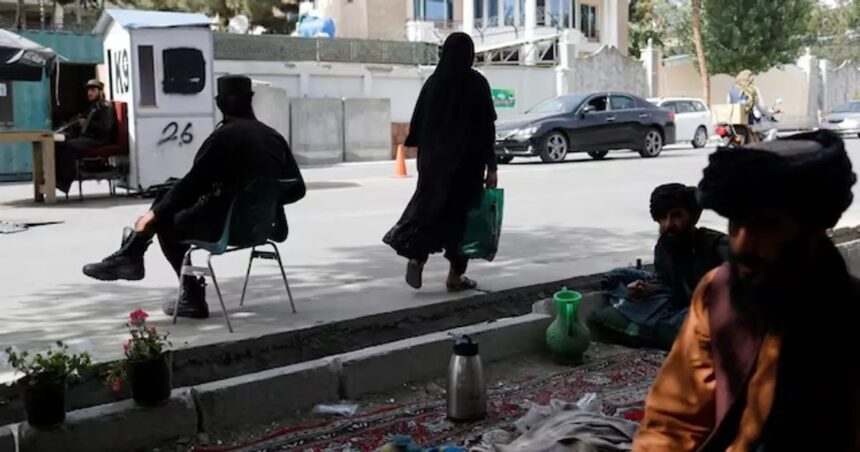RASC News Agency: In an article published by “Modern Diplomacy”, the human rights situation in Afghanistan is brought into sharp focus, with a pointed critique of the Taliban’s policies described as both “gender-based apartheid” and “ethnic discrimination” against Afghanistani women and ethnic communities. The article underscores a range of “discriminatory practices” imposed by the Taliban upon Afghanistani citizens, arguing that such actions constitute severe human rights abuses. The piece, authored by an international relations researcher at Sriwijaya University, Indonesia, stresses the urgency of coordinated global action to end these violations and protect the rights of Afghanistani women and other vulnerable citizens.
The author emphasizes the essential role of the United Nations Security Council in addressing Afghanistan’s “gender-based apartheid,” calling it a critical and effective path forward. The article advocates for the Council to adopt resolutions that denounce the Taliban’s discriminatory actions, demand the dismantling of “gender-based apartheid” structures in Afghanistan, and impose sanctions on those responsible for these violations. According to the article, Security Council resolutions are one of the most strategic instruments available to pressure the Taliban into complying with international human rights norms, particularly with respect to women’s rights. Since their return to power, the Taliban have systematically stripped Afghanistani citizens, particularly women, of their fundamental rights, and have barred girls from pursuing further education.
Previously, Richard Bennett, the UN Special Rapporteur on Human Rights in Afghanistan, stated that Afghanistan has faced a protracted humanitarian and human rights crisis, which has sharply deteriorated for women, girls, and marginalized groups including ethnic and religious minorities, the media, and civil society since the Taliban’s re-assumption of control. The oppressive restrictions have also deeply impacted the economy, hindering growth and stability.
Furthermore, a joint study by the UN Assistance Mission in Afghanistan (UNAMA), UN Women, and the International Organization for Migration reveals that the Taliban’s “Propagation of Virtue and Prevention of Vice” law is characterized by extreme and arbitrary enforcement, creating an environment that represses not only women but also other at-risk groups. The study highlights a “marked decline in community support for female education,” a significant downturn in women’s financial status and income, and restricted access to justice for women.
The authors and participants in this research call upon the international community to exert increased pressure on the Taliban, urging them to lift these prohibitions and reinstate fundamental rights for all citizens of Afghanistan.






